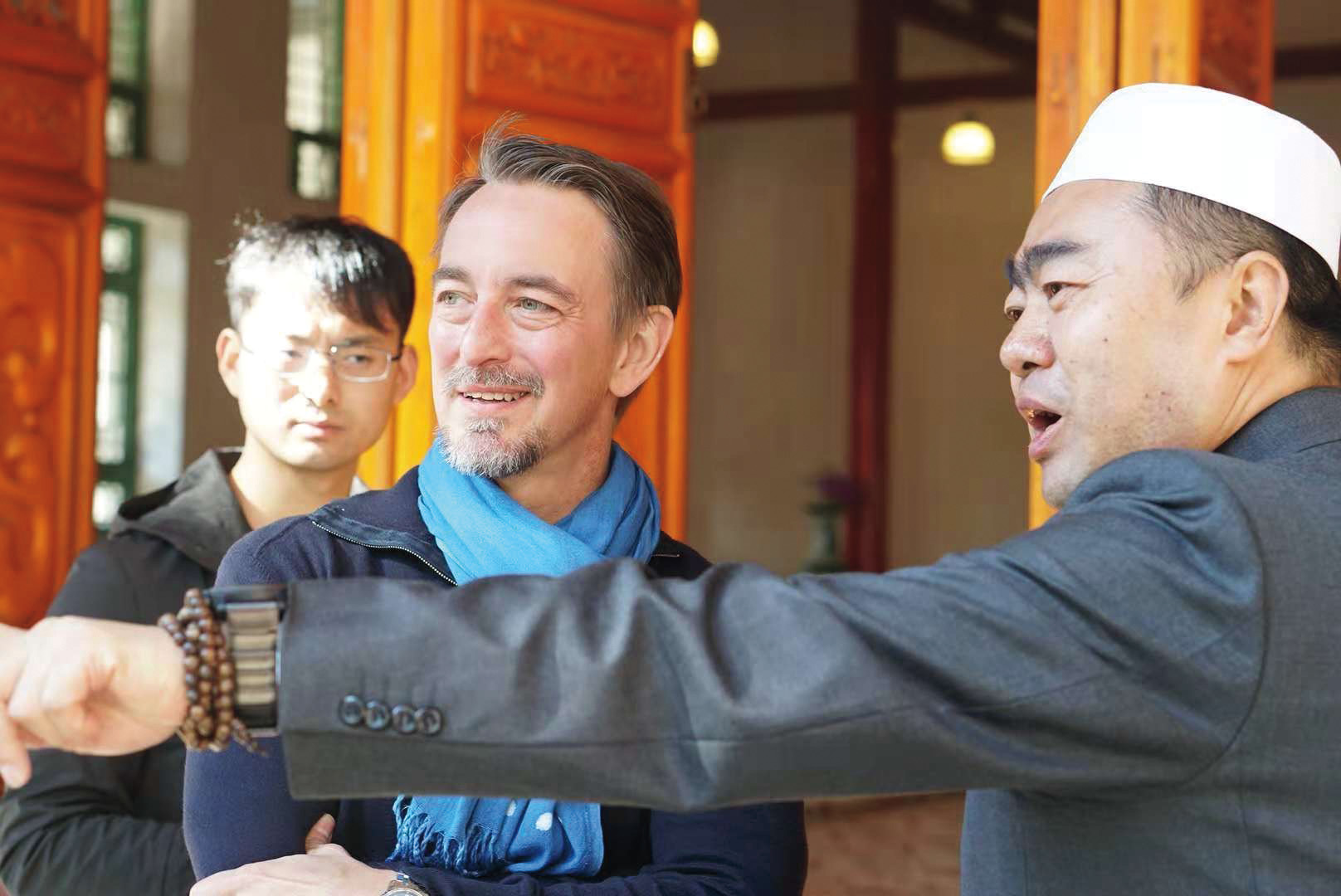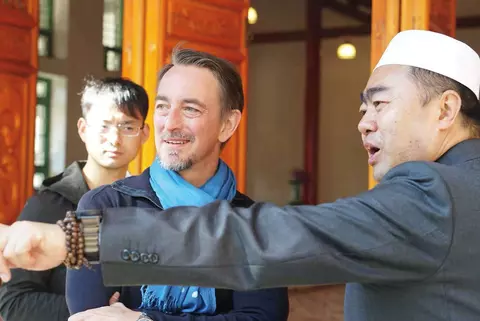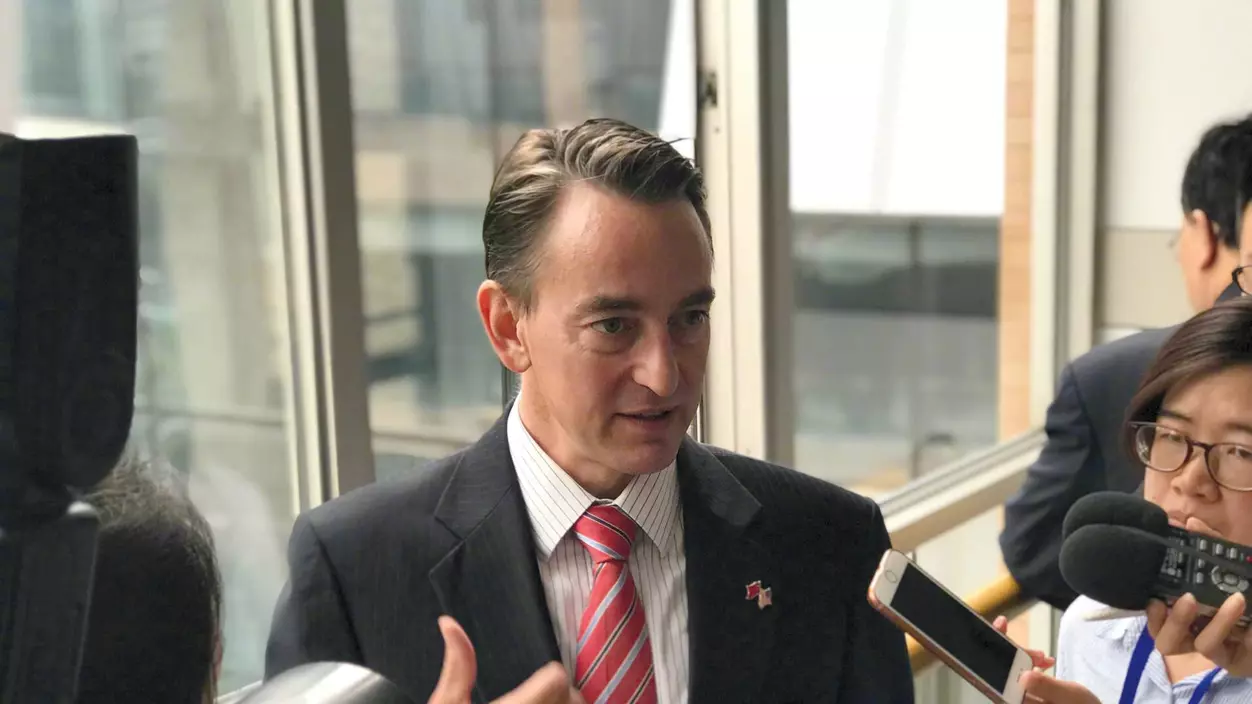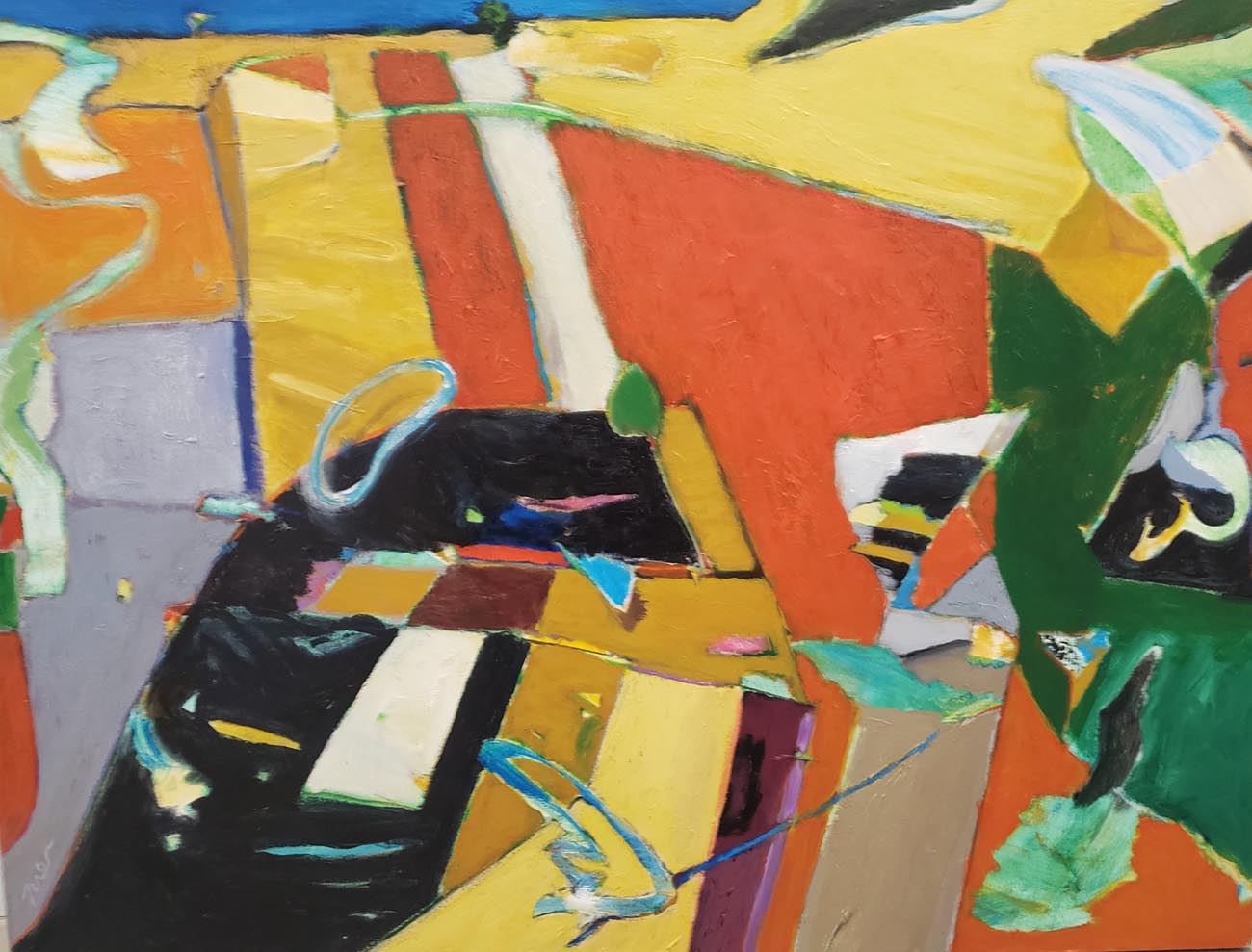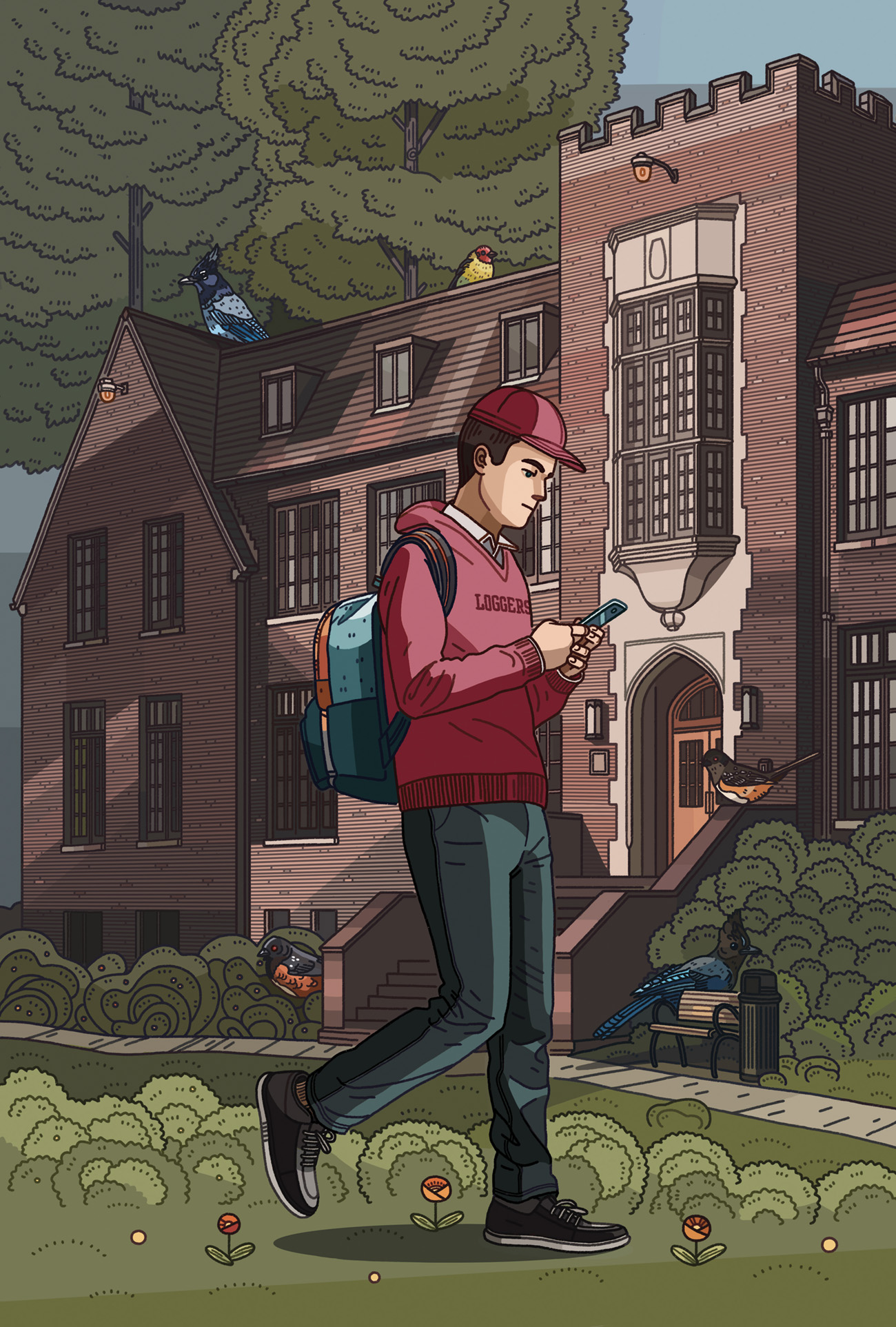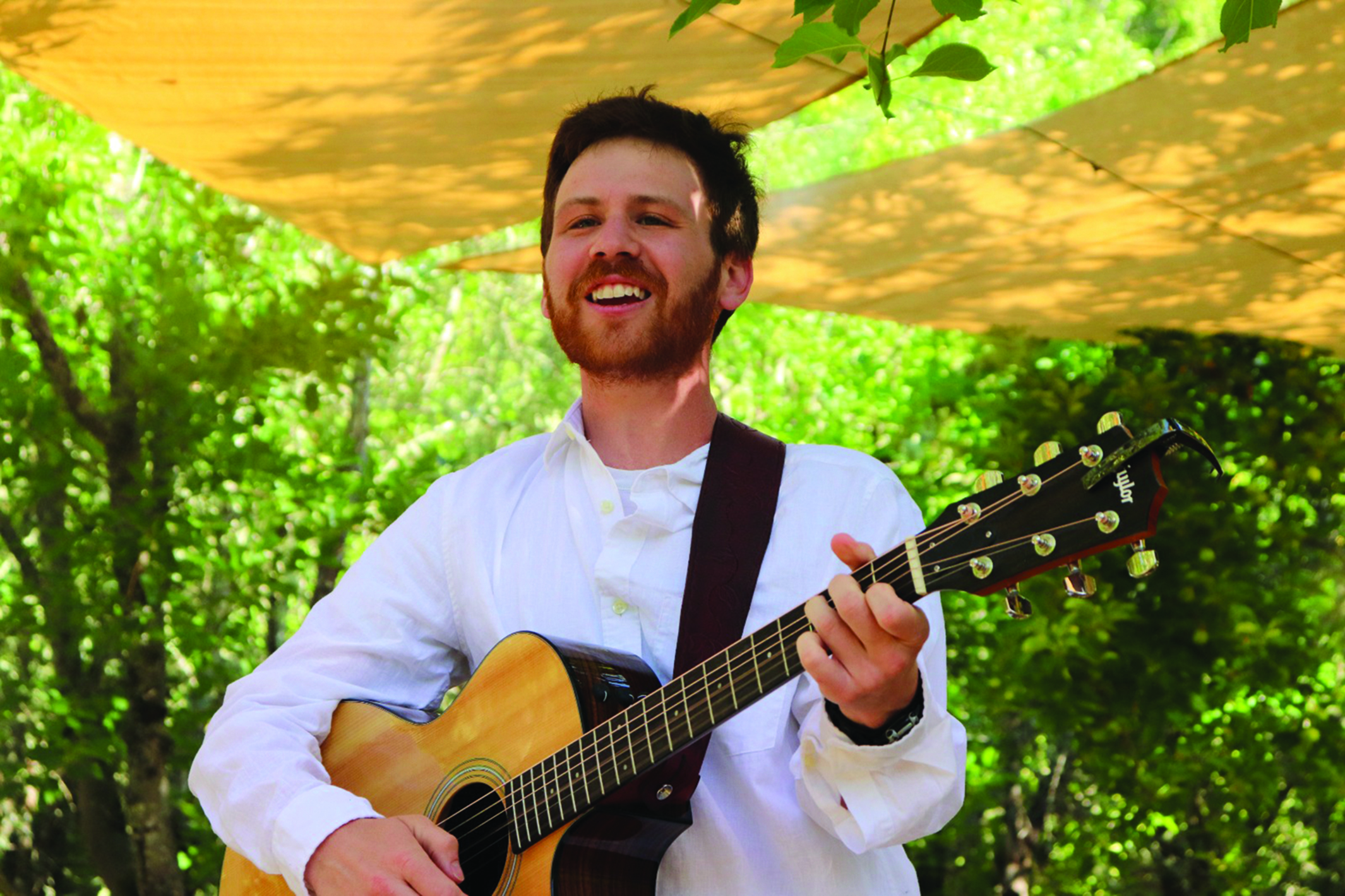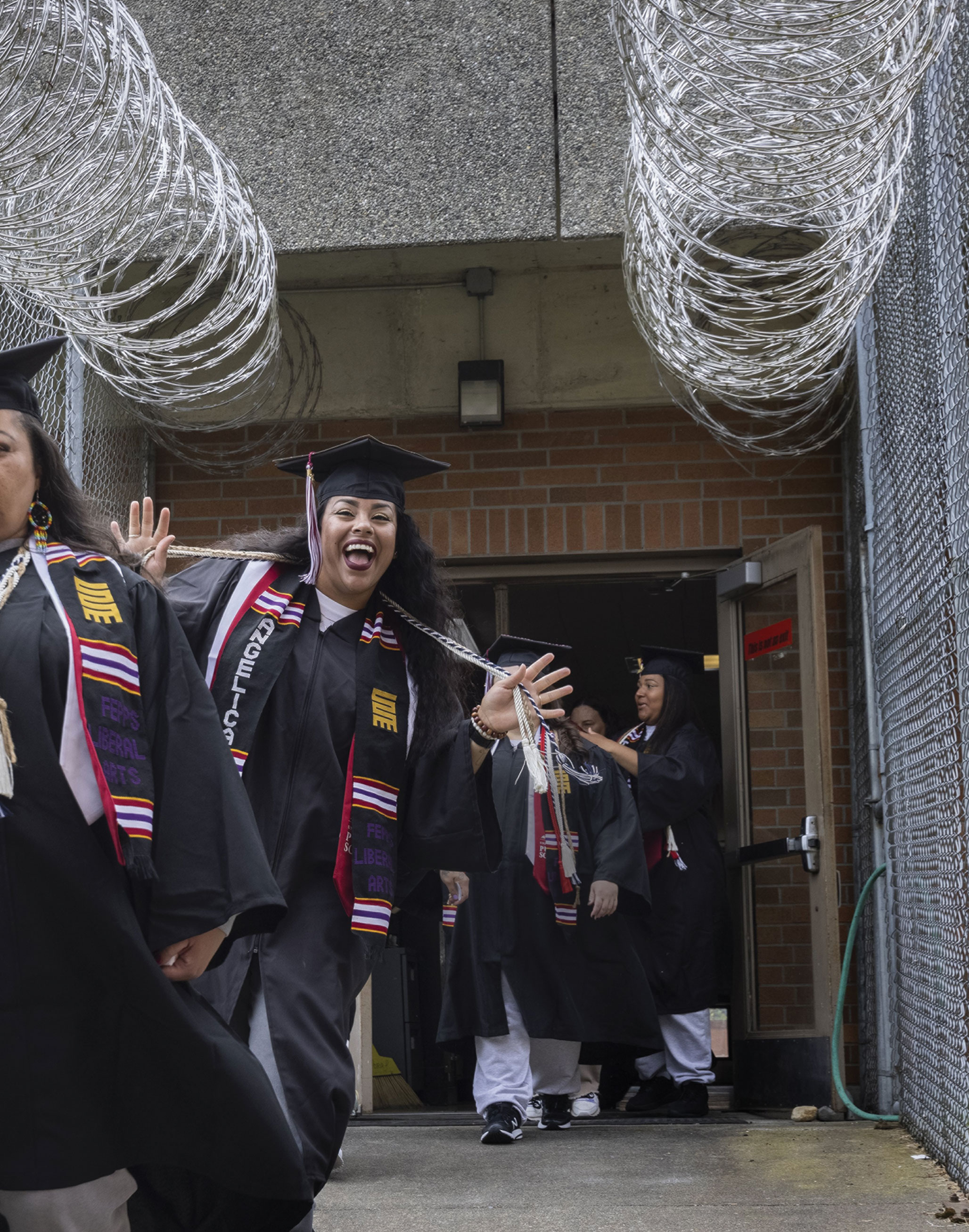After two years in Manila, Jim was assigned to Jakarta, Indonesia, where he served as an economic counselor during the Asian financial crisis. “I was struck by just how closely tied the economic and political issues were,” he says. “Suharto, who had been in power for over 30 years, and his family, it seemed like it would be impossible for them to be overthrown. But because of the economic crisis, everything just fell apart. People were out on the streets. He was forced to step down. There was a transition to democracy. It was amazing, what happened there. I was so grateful to have the chance to see it from the ground, as it was happening.”
That experience inspired Jim to become more involved in economic policy issues. He returned to the State Department, spent a year in economic training programs, and went to work in the Office of Monetary Affairs, dealing with debt relief and International Monetary Fund programs.
“A lot of the countries in Africa during the 1980s and ’90s were taking on incredible amounts of debt relative to the size of their economies,” Jim says. “There was no way they were ever going to be able to pay it back. Attempting to pay it back was basically depriving the government of any opportunity to provide services to the people. Being involved in that program was an opportunity to help some of these countries to get a little bit of a fresh start. More importantly, one of the requirements for participating in the debt relief program was these countries had to create plans in consultation with local civil-society groups on how they were going to spend the savings from the debt relief programs. In a lot of these countries, there was no tradition of consultation with civil society, and in some cases, there wasn’t even a civil society. So, in order to actually participate in these programs and get the benefits, the governments involved had to find ways to engage with the people. To me, that’s a core U.S. value. Power to govern comes from the consent of the governed.”
This is where U.S. and Foreign Service officers can shine: as facilitators, role models, and champions. “We helped to create mechanisms that encourage the development of civil society,” says Jim. “Would it have happened without us? I don’t know, but certainly we helped to make it happen. We helped to give these organizations, these people, a voice.”
But diplomacy is a long game. Seeds planted today may take years or generations to grow. “You never really get to the finish line,” Jim says. “Everything that you’re doing is laying bricks to build something. So, if you are waiting for success to be big—world peace—we’re probably not going to get there in my lifetime. It’s important to focus on the small steps. That’s how we make a better world.”
For Jim, small steps include traveling to Tibetan areas of Sichuan to talk with local business owners about economic conditions and security issues; meeting with local offi- cials and business leaders to discuss U.S. trade policy; hosting U.S. authors, poets, and musicians in the region to share their work; facilitating academic exchanges to research renewable energy; accompanying the mayor of Sacramento and a delegation including staff members of the Sacramento Kings basketball team to Chongqing to promote trade and educational exchanges between the two cities; and myriad other tasks.
Though part of the job, experiences like these are also perks of life in the Foreign Service, and Jim and his family are making the most of them. In each new post, Jim looks for a local choir or music group to join, inspired by some of his favorite memories as an Adelphian. The last several years, he and his wife, Tzu-I Chuang Mullinax, a well-known food writer and cook, have explored China’s eclectic and delicious food scene, prompting a new hobby: running marathons. Raising his sons Theo and Oliver keeps Jim running, too, and helps put things in perspective.
“Our relationship with China is crucially important,” he says. “In a lot of ways, I feel like the things I’m doing on a daily basis are contributing to building better understanding between our people, to creating ways to resolve our differences that don’t involve fighting. The steps may be tiny, but we’re building the relationships, we’re building the framework to allow good things to happen. I’m proud to be a part of that.”
